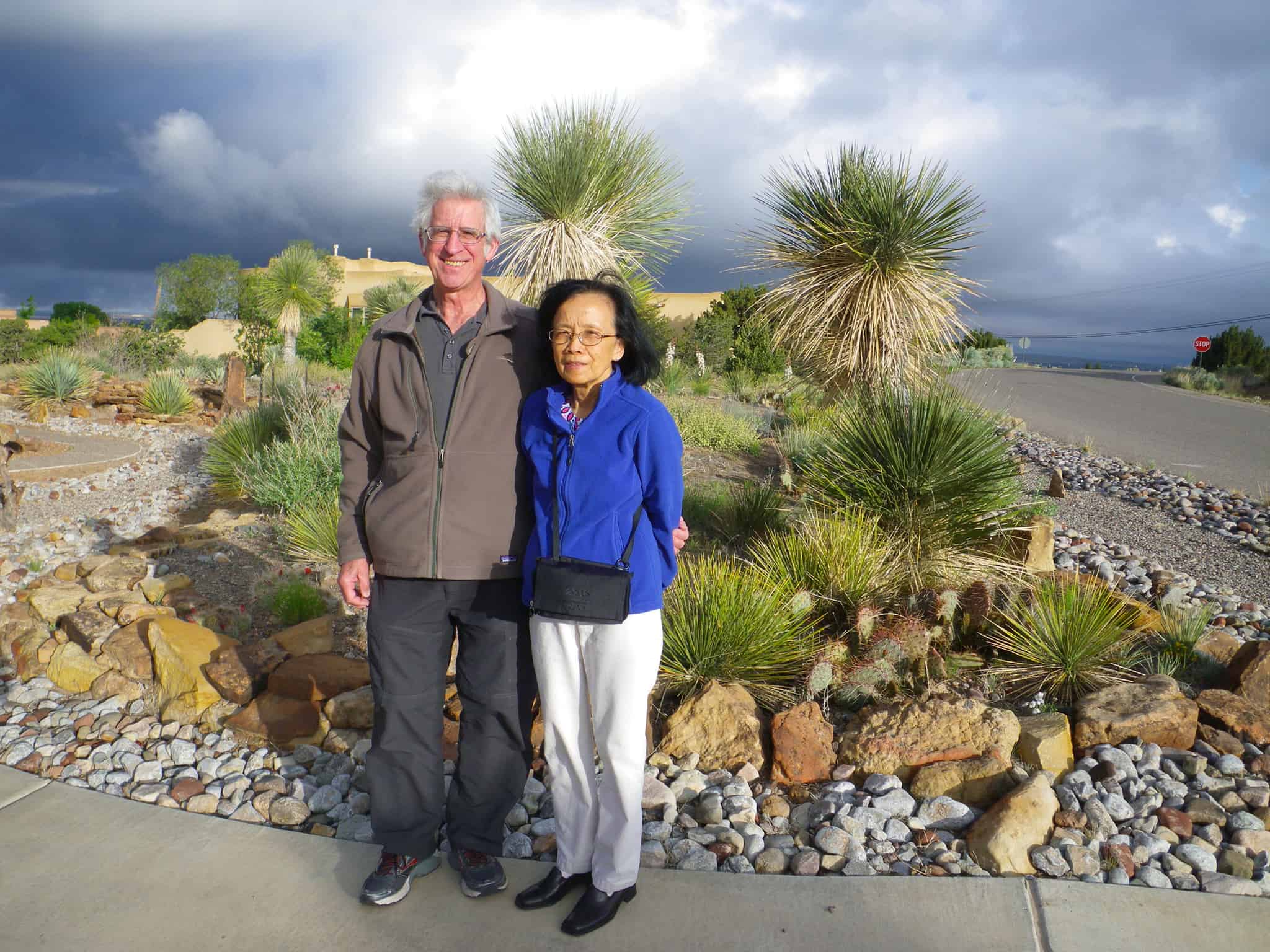Six Years into Retirement: Neurology Professor Still Making Major Contributions
| Does science stop in retirement?
The short answer — according to Gerald A. Dienel, Ph.D. — is no.
The long answer? It’s reflected in the many publications, lectures and contributions Dienel has made since retiring in 2013 as a professor emeritus in the Department of Neurology in the UAMS College of Medicine.
Dienel has 23 post-retirement publications. In 2019, five additional manuscripts are under review or in progress. He has lost count of post-retirement lectures.
“Science has been a part of me my whole life,” Dienel said. “I still really enjoy it. I have 40 years of experience in the field, and I can still contribute. If I start to feel like I don’t have anything more to say, like it’s all just rehashing, then I’ll stop. But right now, I feel like I can still contribute.”
Dienel and his wife, Nancy Cruz, M.A., worked together for many years and made significant contributions to the understanding of biological mechanisms in the brain, specifically brain metabolism and the activation of astrocytes, a type of brain cell that provide neurons with the neurotransmitter precursors they need to function.
Dienel’s most significant post-retirement publication occurred in 2018 in Physiological Reviews. It provides an update of the field and evaluates the standing of the field’s major controversies. The manuscript took Dienel seven months of gruelingly long days to write.
“It was almost 100 pages by the time it was all said and done,” Dienel said. “It felt like a second dissertation.”
His most significant lecture was the plenary talk at the International Conference on Brain Energy Metabolism in 2018 in Chile, and he remains involved, serving as program co-chair for the 2020 conference to be held in Hilton Head, South Carolina.
His dedication is no secret among his peers. The November 2015 issue of Neurochemical Research honors Dienel and Cruz and highlights the latest advances that are underpinned by their foundational findings.
His work is both methodical and infused with a passion for science, said Robert L. “Lee” Archer, M.D., chair of the Department of Neurology.
“Gerry’s example is of someone who did not look at their job as just a way to get a paycheck. He looked at it as a way to help with scientific advances,” Archer said. “He is so passionate about it that he still works 10-hour days at home to advance the field. It’s inspirational to me personally, and his work is recognized and appreciated by scientists all over the world.”
Dienel said his post-retirement work started innocently enough. He found himself free of the necessary evils of existence as a modern scientist: no more grant cycles, no more administrative tasks.
“I still had all this data that had never been published,” Dienel said. “Almost every scientist has that problem. Other things tend to get in the way of the science part of the work. I figured now that I have the time, I’ll go ahead and write all that up. That’s how it began, and it just kept going.”
A little over five years later, Dienel said he never would have anticipated most of what he’s done. He has been surprised to discover another role the retired scientist serves: It’s easier for him to be a voice for upholding standards in the field. With his career and legacy already secure, others look to him to take a stand and not be afraid to step on toes in the name of scientific rigor. Several of the publications and commentaries he’s been asked to write have to do with addressing controversies in the field or urging younger scientists to stay true to its basic biochemical concepts.
Is there something unusual about doing all of this for free? Dienel doesn’t think so.
“It’s just like mentoring a graduate student or a postdoc, but on a bigger scale. That’s how I think about it,” Dienel said. “I don’t get paid for it, just like you don’t get paid for mentoring a student, but it’s part of your job, it’s part of your role as a scientist.”
Dienel said everyone approaches retirement differently. For those who miss work or feel like they have more to give, there are options.
“People who retire have whole lifetimes of experience,” Dienel said. “There are unlimited possibilities for how you can put that to use.”
